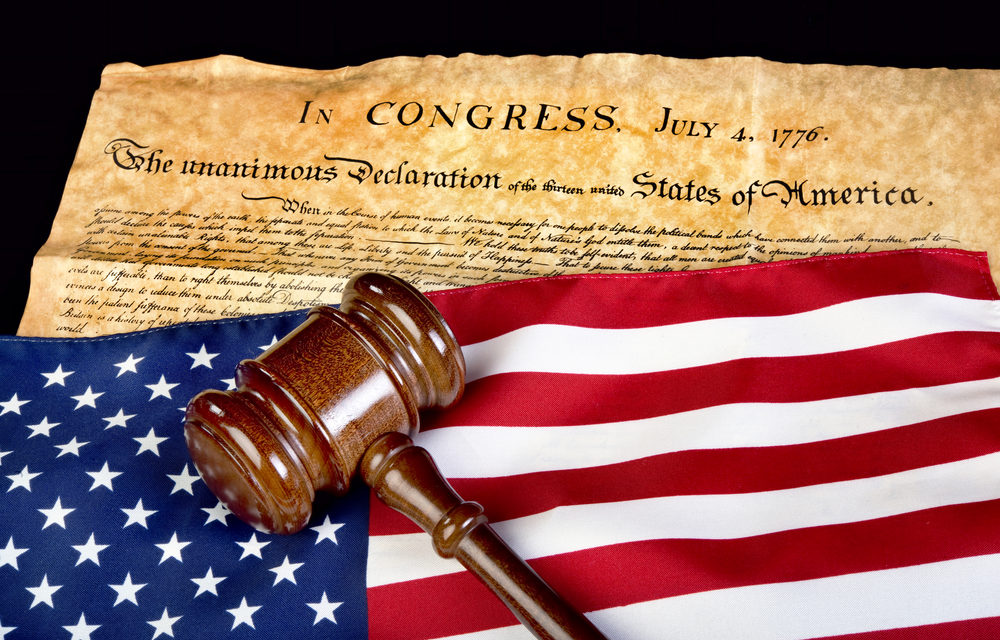“When in the course of human events…” it becomes evident that a system cannot offer justice because of how it is structured, then an overhaul is necessary. That’s where we are today – our immigration courts need their own Declaration of Independence.
The Executive Office for Immigration Review (EOIR), the U.S. immigration court system, is currently housed within the Department of Justice. All of the judges within the court system answer to the chief prosecutor, the Attorney General (AG). After years of being subject to political manipulation because of their organizational location and guidelines, the immigration courts need to be free.
This hasn’t passed the sniff test in, well, ever; it’s only become more fraught in this administration because of all of the rampant politicizing that has been going on. Just one example: The attorneys general under President Trump have certified decisions to themselves at a faster clip than I’ve ever seen. The decisions from these AGs undermine due process in the courts, eliminates a judge’s independence to close a case, and makes asylum harder to access despite the protections provided under actual U.S. law. In turn, immigration judges have less control over their court dockets, making a fair day in court pitifully hard to obtain.
Last week, AILA joined the American Bar Association (ABA), the Federal Bar Association (FBA), and the National Association of Immigration Judges (NAIJ) in a joint letter to Congress urging the establishment of an independent immigration court. That’s right, clear the decks, let’s do this the right way. Independent of political pandering, buffered from the winds of bombastic rhetoric and bad policy. Sounds like a more stable, fair, and just court system, right?
This push for an Article I court can’t come soon enough. In a great article published by Politico Magazine by Julia Preston and Andrew Calderon from the Marshall Project, the realities of the immigration court system’s weaknesses are laid bare: “How Trump Broke the Immigration Courts: Thanks to White House orders, they’re more jammed up than ever.”
AILA has known the courts were under-resourced for a long time and fought for additional funding for judges, clerks, logistical support–you name it. But last year it was clear that simply throwing more money at the problem wasn’t going to fix it for real. When cases are as serious as they are, when lives and livelihoods are on the line, justice must be served. In order for justice to prevail, the courts themselves need to be declared independent, now.







